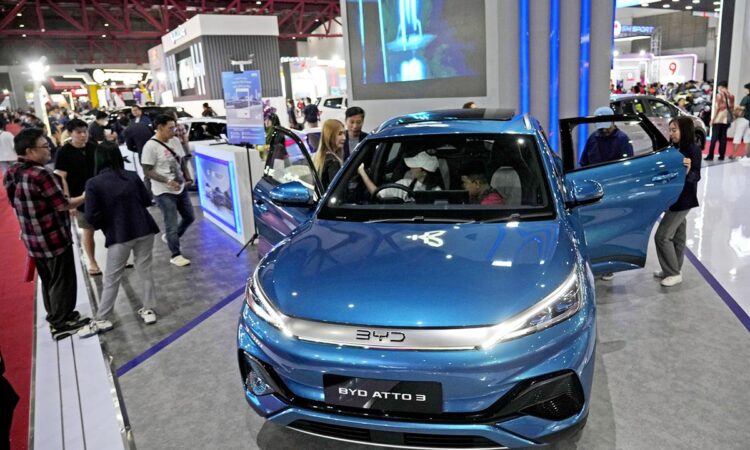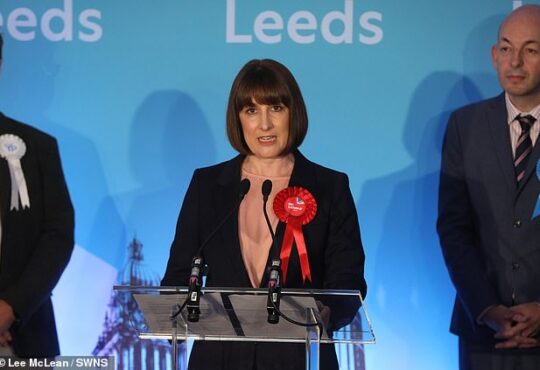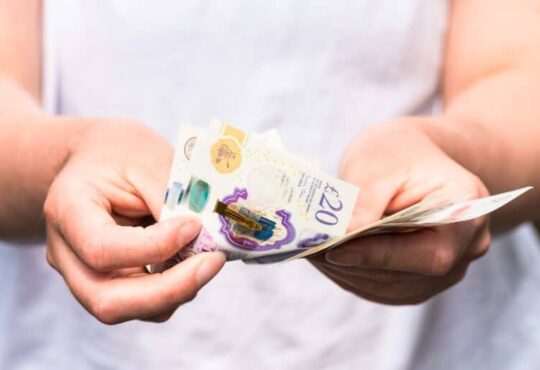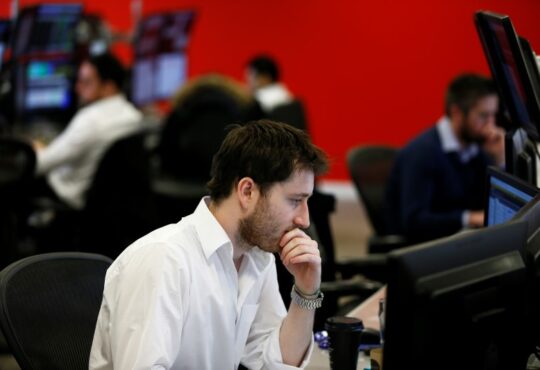
After the United States passed new subsidies designed to boost domestic electric vehicle (EV) production and cut into Beijing’s supply-chain dominance, Chinese manufacturers began investing in an unlikely place: Morocco.
In the rolling hills near Tangiers and in industrial parks near the Atlantic Ocean, they have announced plans for new factories to make parts for EVs that may qualify for $7,500 credits to car buyers in the United States.
Similar investments have been announced in other countries that share free-trade agreements with the U.S., including South Korea and Mexico. But few countries have seen the kind of boom Morocco has.
At least eight Chinese battery makers announced new investments in the North African kingdom since President Joe Biden signed the Inflation Reduction Act, the $430 billion U.S. law designed to fight climate change, according to an Associated Press tally.
By moving operations to U.S. trading partners like Morocco, Chinese players that have long dominated the battery supply chain are seeking a pathway to cash in on increasing demand from American carmakers like Tesla and General Motors, said Kevin Shang, a senior battery analyst at the consulting firm Wood Mackenzie.
“Chinese companies definitely don’t want to miss this big party,” he said.
The U.S. and European Union (EU) both imposed major new tariffs on Chinese vehicle imports since May. The U.S. also finalised eligibility rules governing the tax credits in May. The latter limit companies with ties to U.S. adversaries, but give carmakers time to reduce reliance on China. To qualify for the subsidies, carmakers cannot source critical minerals or battery parts from manufacturers in which China and other “foreign entities of concern” control more than 25% of the firm or board.
‘Giveaway to China’
Critics say the rules are a giveaway to China and will extend its EV dominance. The Biden administration says the rules pave the way for billions in investment in EV production in U.S.
In Morocco, a largely agrarian economy where the median income is $2,150 a month, giant industrial parks full of American, European and Chinese component makers have sprung up in the rural outskirts of Tangiers, Kenitra and El Jadida.
Expanding on infrastructure that has made Morocco a car-manufacturing hub, they hope to meet growing demand and overcome rules designed to exclude them from the incentives the Inflation Reduction Act is injecting into the U.S. car market, the world’s second-largest.
The rules “have led Chinese producers to increase investment in countries with whom the U.S. has free trade agreements, namely South Korea and Morocco, to get past some IRA barriers,” the policy research firm Rhodium Group had said in a report.
Some of the new China investments in Morocco explicitly cite the new U.S. subsidies as a reason.
Many are joint ventures that have cited ability to tinker with board seats and governance to comply with U.S. rules.
That includes CNGR, one of China’s largest battery cathode producers, which in September announced a $2 billion plan to build what it called a “base in the world and pan-Atlantic region” in a joint venture with the Moroccan royal family’s investment group, Al Mada.
Though CNGR owns slightly more than a 50% stake in the project, Thorsten Lahrs, CEO of its Europe division, said he’s confident its cathodes can qualify for the tax credits and change its board composition if necessary.
‘Pivot to other markets’
If not, the firm would pivot to other markets, including Europe, which just hiked tariffs on electric vehicles imported from China.
“To ride the wave of the IRA, you have to execute fast and comply with its regulations,” he said in an interview before the U.S. finalised its rules. “We have flexibility to be able to comply with all the changes in interpretation or rules.”
The Chinese battery projects include at least three joint ventures and several that reference Morocco’s U.S. trade ties.
The largest among them is Chinese-German battery-maker Gotion High-Tech, which signed a deal with Morocco last year for $6.4 billion investment to construct Africa’s first electric vehicle battery factory.
Investments also include Youshan, a joint venture backed by Korean giant LG Chem and China’s Huayou Cobalt. It declined to provide details about the size of their investment but said the Morocco base means their cathodes “will be supplied to the North American market and subsidised by the U.S. Inflation Reduction Act as Morocco is a signatory to the U.S. Free Trade Agreement.”
LG Chem said the venture would adjust ownership shares as necessary to comply with U.S. rules.
China’s BTR Group’s announcement of a cathode factory in April noted Morocco’s trade status with the U.S. and Europe would ensure “a seamless entry for the majority of its manufactured products into these regions.”
Abdelmonim Amachraa, a supply-chain expert, said Morocco was profiting from its “ability to coexist when a link can’t be found between China and the United States.”
month
Please support quality journalism.
Please support quality journalism.





